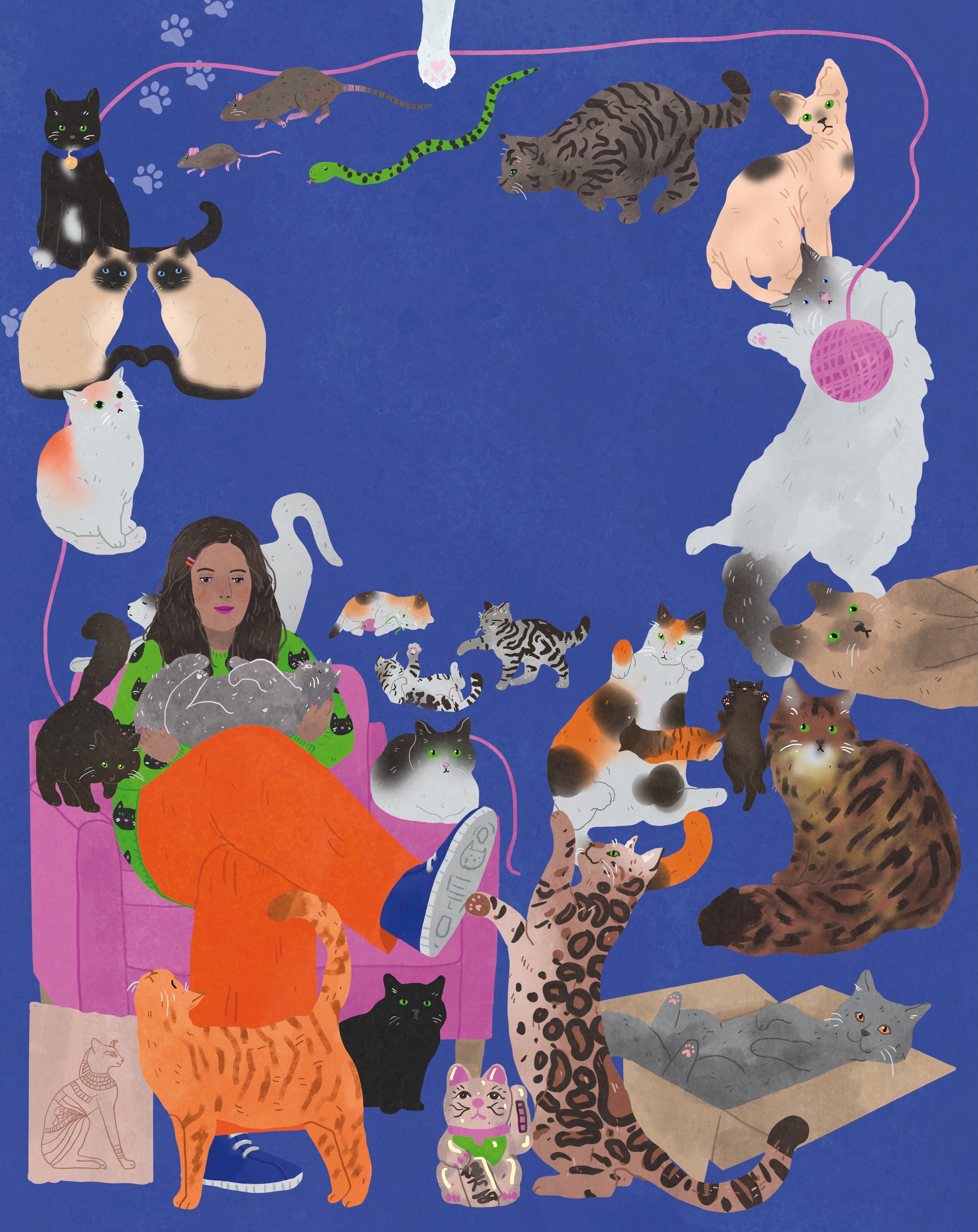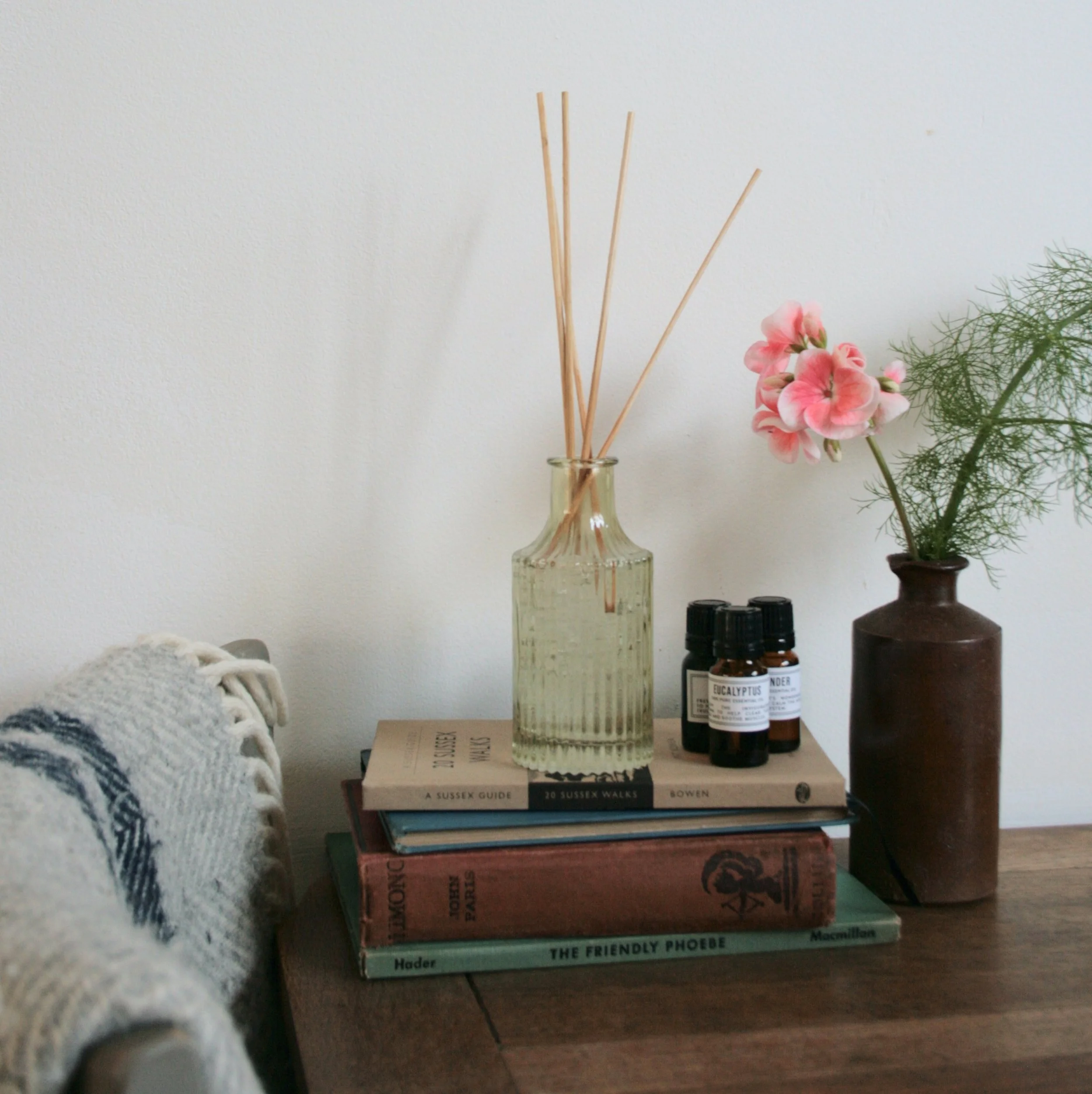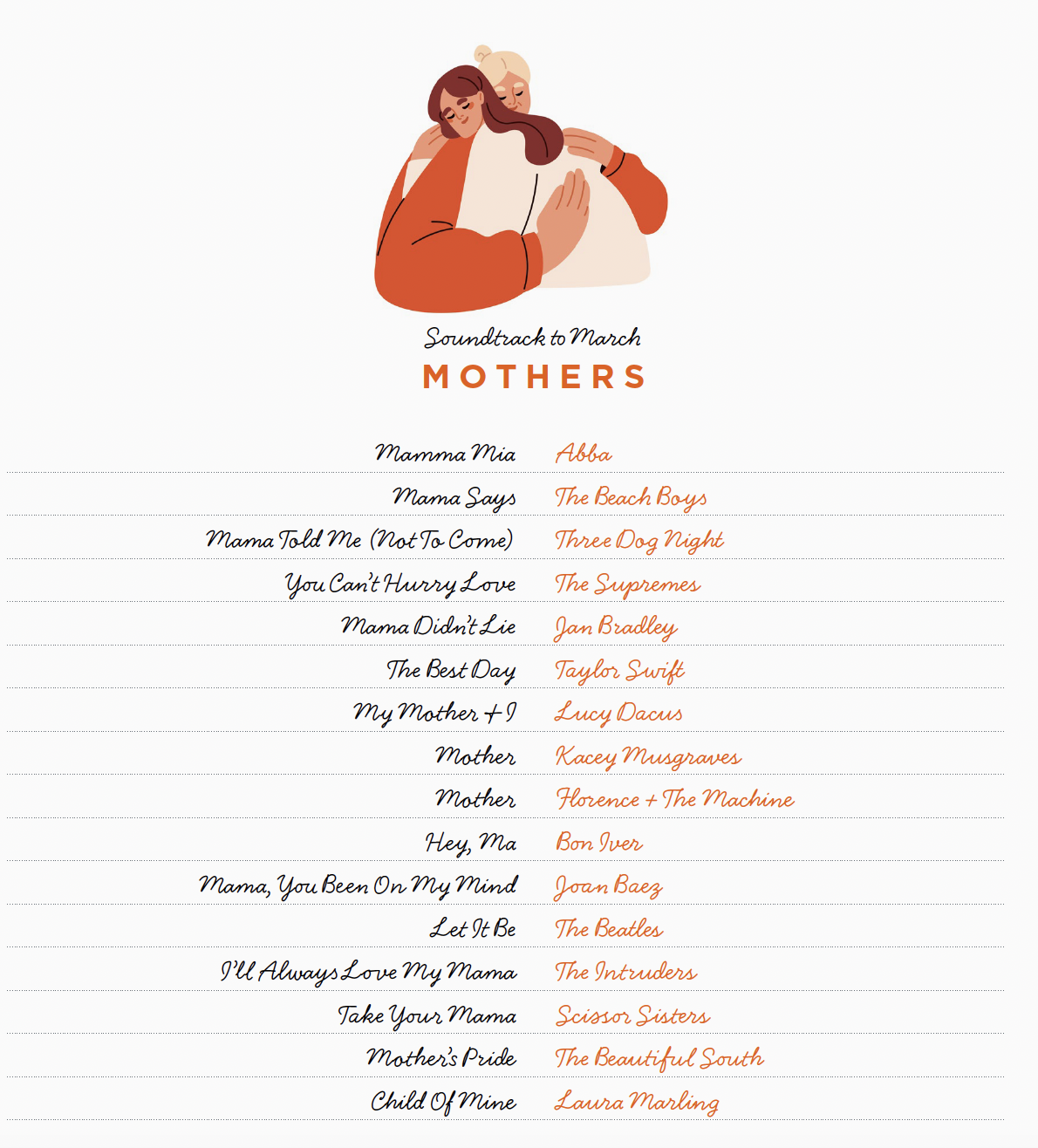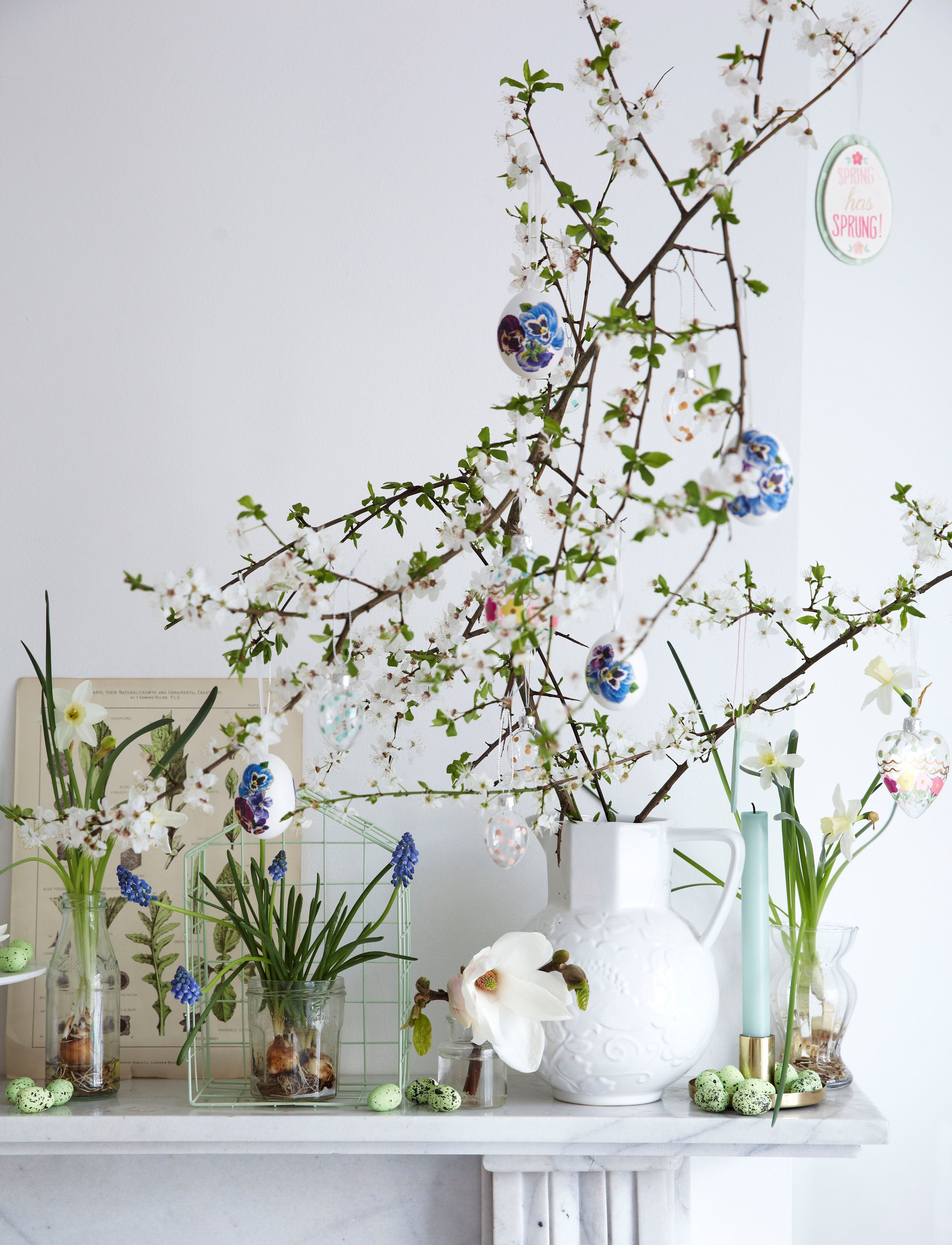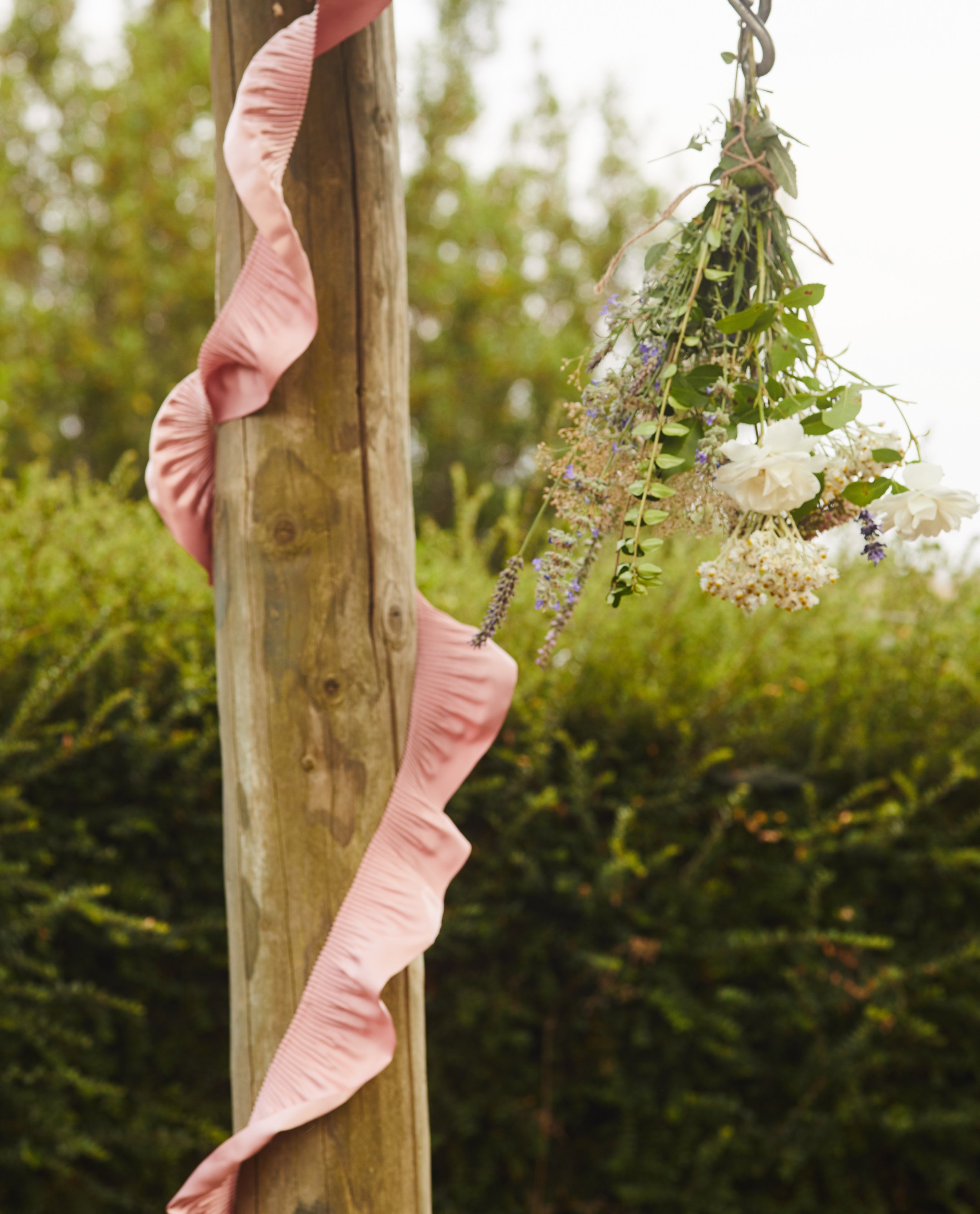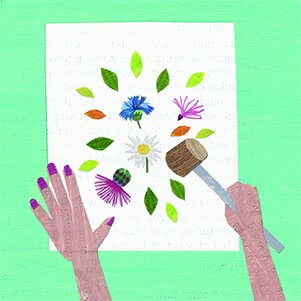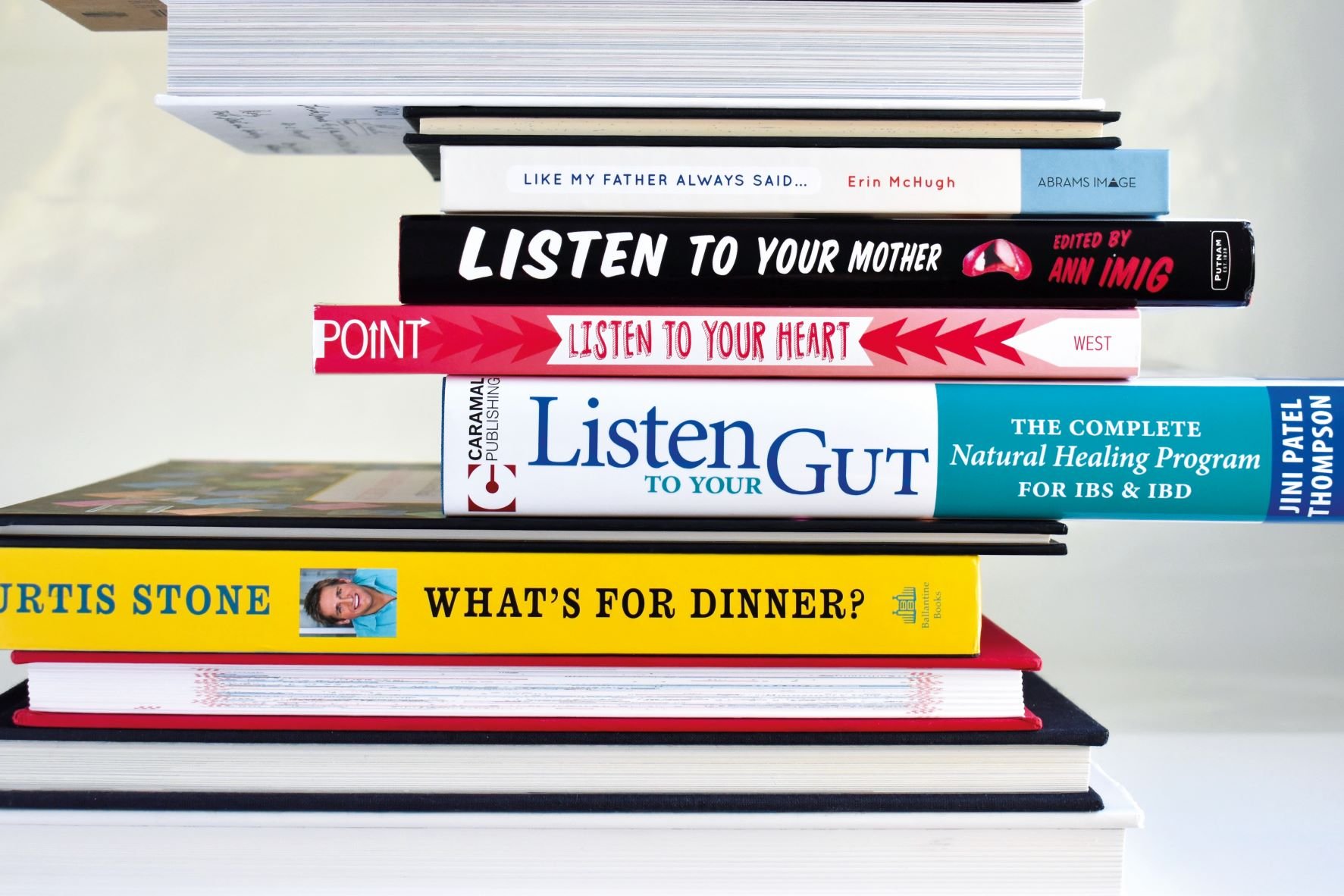Blackberry season is such a memorable and brief time of the year, perhaps it’s no wonder writers and poets love a good blackberry metaphor…
Imbued with myth and symbolic meaning, the humble blackberry crops up frequently in both prose and poetry, as heavy with metaphor as the thorny branches are heavy with fruit. (See? It’s impossible to avoid!) The roots of blackberry symbolism go back to the Bible and beyond. The mortal who tried to ride Pegasus to Olympus in Greek myth falls into a thorny bush and is blinded. Similarly, Satan himself was said to have fallen into a blackberry bush when he was cast out of heaven. Christ’s crown of thorns is also said in some cultures to have been woven of blackberry branches. It’s easy to see why the blackberry has become linked with ideas of sin, or pursuing pleasure and of ultimate downfall. If you want to taste those sweet and juicy berries, you have to prepare to be scratched or, worse, find that when you get them home they’ve gone over and taste sour. Sad times. If you enjoy a blackberry metaphor as much as we do, here are a few thorny verses you might like to have a read of…
If you like the idea of blackberries as a dark, menacing presence try…
Blackberrying by Sylvia Plath
“Nobody in the lane and nothing, nothing but blackberries. Blackberries on either side…” she begins, and you can imagine the dark berries, glowing… growing and watching the narrator with their beady blackberry eyes. She describes them as “big as the ball of my thumb and dumb as eyes”, having clearly underestimated their malevolent genius as they reel her in. “Fat with blood red juices. These they squander on my fingers. I had not asked for such a blood sisterhood. They must love me.” Run, Sylvia!! Run from the blackberries, we scream silently.
If you enjoy blackberries as a metaphor for the fragility of life try…
Blackberry Picking by Seamus Heaney
“Late August, given heavy rain and sun for a full week, the blackberries would ripen” and Heaney and his family would gleefully collect them, their palms “sticky as Bluebeard’s”. You can almost feel the disappointment coming, can’t you?... “Once off the bush the fruit fermented, the sweet flesh would turn sour. I always felt like crying. It wasn’t fair that all the lovely canfuls smelt of rot. Each year I hoped they’d keep, knew they would not.” Ah… that’s life for you, Seamus, and especially the fleeting life of blackberries.
If blackberries for you are a symbol of sensory overload and greed try…
August by Mary Oliver
Oliver describes spending “all day among the high branches, reaching my ripped arms, thinking of nothing, cramming the black honey of summer into my mouth.” You go for it, Mary. Don’t wait to take them home for crumble; blackberries are best scoffed greedily enjoyed in the moment.
If you like to dance with the devil when blackberrying, you might like…
Blackberry Eating by Galway Kinnell
Kinnell gives the distinct impression of entering a pact with Satan as he makes his way among the brambles: “the stalks very prickly, a penalty they earn for knowing the black art of blackberry-making.” And like others before him (well, mainly like Eve in the Garden of Eden) he loses his innocence to the lure of fruit. “The ripest berries” he insists “fall almost unbidden to my tongue.” Yeah, you keep telling yourself that, Galway. That’s what all Satan’s Blackberry Minions say.
If blackberries symbolise deep and real love for you, try…
The Heart Under Your Heart by Craig Arnold
Blackberries here represent the very real, unswerving sort of love that exists when you know someone completely, with all their thorns and foibles. Arnold tells us “The heart under your heart is not the one you share so readily so full of pleasantry & tenderness. it is a single blackberry at the heart of a bramble.” We’ll raise a jug of custard to that.
You’ll find more blackberrying nostalgia in our feature ‘Down Memory Lanes’ in our September issue, which is on sale now.
Buy this month's The Simple Things - buy, download or subscribe


